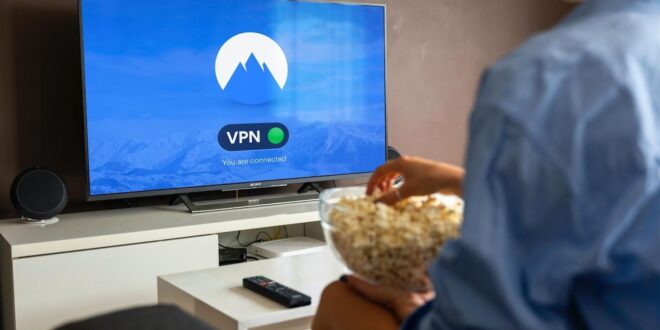Using a VPN comes with a lot of perks: you can unblock geo-locked content, prevent bandwidth throttling, and hide your IP address so no one on the internet knows who you are and where you’re from. And that’s because big internet service providers (including AT&T as well) can see your browsing history and might even sell that data for a profit.
In light of these events, using a VPN becomes even more important because it keeps your personal information private. To make things easier, we came up with a list of the best services you can choose from. In just a few seconds, we’re going to talk about the most important features of a good VPN service.
What Is a VPN and How Can It Keep Me Safe on the Internet?
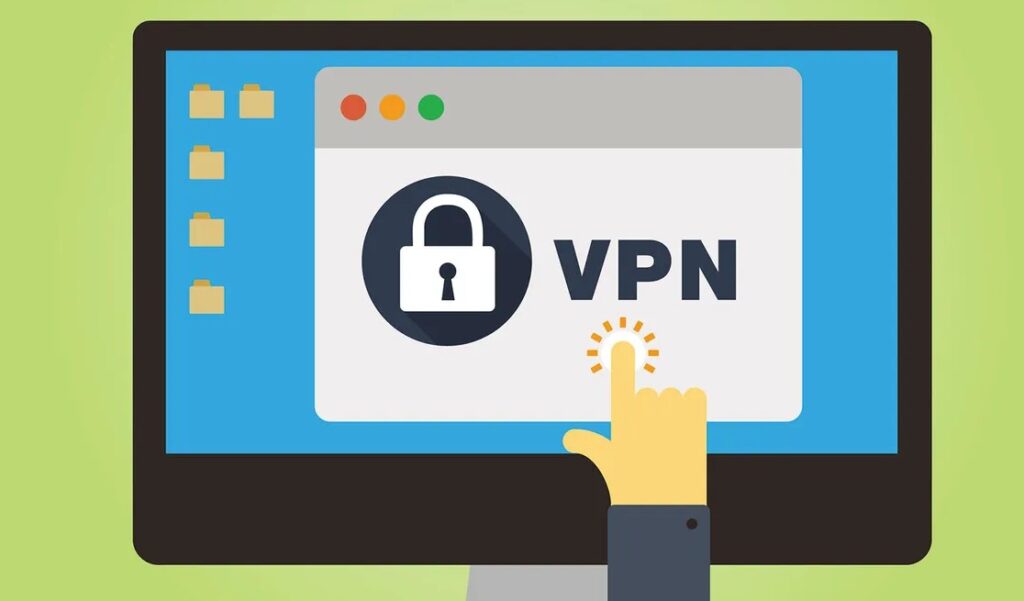
A Virtual Private Network (VPN) can do 2 things:
• Encrypt your traffic
• Hide your IP address
When you’re surfing on the internet, there’s a constant data exchange between your device and the web pages or apps you’re visiting. That means AT&T knows everything you do online. So if you use too much data, they know exactly which website or app they should throttle your connection to (like gaming servers or streaming services).
Plus, the websites you visit can see your IP address as well, so they can find out your location (country, city, ZIP code) and who your ISP is.
But once you’re connected to a VPN, the traffic coming from and to your device will be encrypted and rerouted through the VPN server. This way, your data will be unreadable so nobody will be able to spy on it. Also, you’ll get a new IP address and that will be your “new identity” on the internet.
So, if you’re in the US and you connect to a VPN server located in Canada and then log in to your Instagram account, Instagram can only see that someone from Canada is trying to log in.
And while AT&T can see that you’re connecting to a VPN, it can’t see what you’re doing with the VPN on the internet. And even if they were trying to do that, they can only see gibberish – random strings made out of numbers, letters, and special characters.
How to Pick the Right AT&T VPN
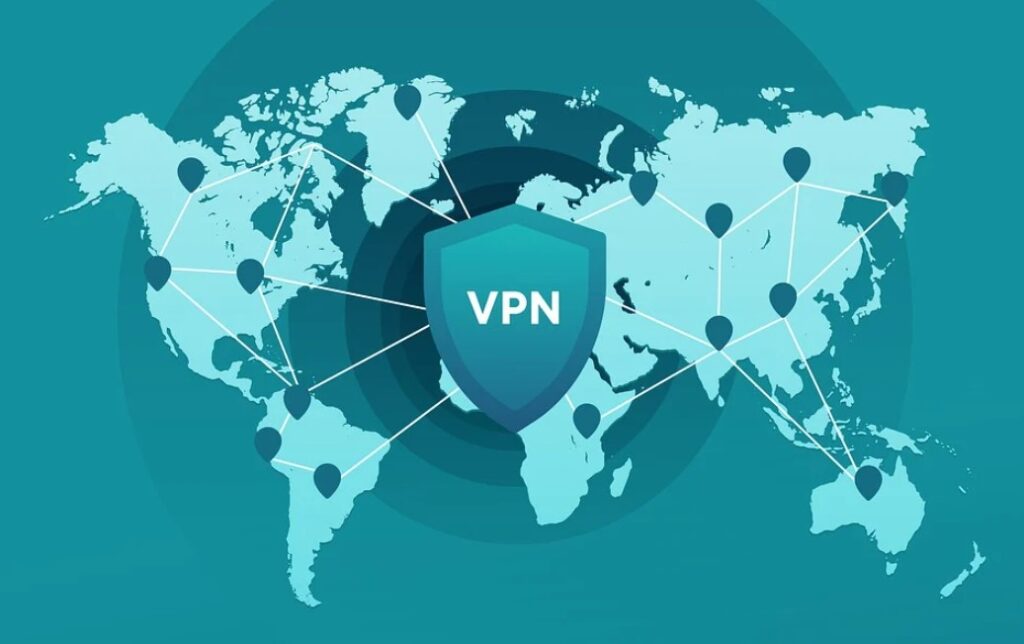
Here’s a list of the most important features you should look for when choosing an AT&T VPN.
1. Secure Protocols
VPN protocols are a set of rules that determine how a VPN connection is established. There are 2 main things your VPN protocol should have: good speeds and strong security.
While there are a lot of VPN protocols available, only a few of them are truly reliable and match these 2 criteria at the same time.
The most popular VPN protocol is OpenVPN and for good reasons too – it’s open-source (so if you want, you can inspect the code) and it’s secure. IKEv2/IPSec and WireGuard are other 2 great VPN protocols that are faster than OpenVPN.
2. No-Log Policy
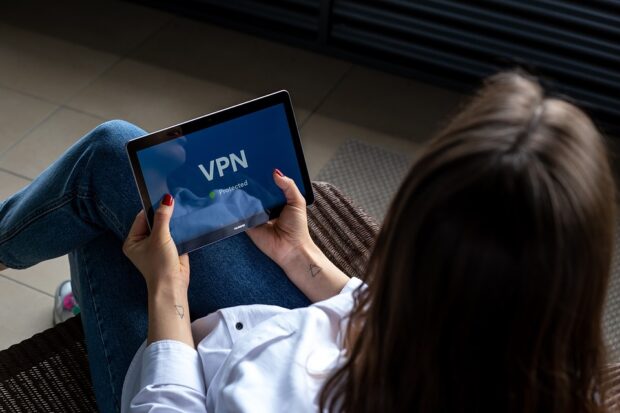
If you don’t like that AT&T might sell your data for a profit, you definitely don’t want your VPN to do exactly the same thing. Some VPNs might record your IP address and monitor what files you download or what websites you’re visiting.
So check their privacy policy and make sure that it clearly says that the VPN provider doesn’t keep any logs.
The good news is that some VPNs’ no-logs policy has been audited or proven true in court (like ExpressVPN, VyprVPN, and Private Internet Access). So if you care about your privacy, you can always choose one of those VPN providers.
3. User-Friendly Apps
You don’t have to be tech-savvy to know how to use a VPN app. It should be intuitive and, why not, even fun to use.
A great example which proves that using a VPN is an exciting experience is TunnelBear. You can use a digital map to connect to a server, and when you do that, a digital bear digs a tunnel to the server’s location. On iOS and Android, the bear lets you know the connection is established with a little roar. And some of the connection notifications are country-specific – for example, when you connect to a UK server, the bear wears a top hat and a monocle!
If you think about it, it’s not something spectacular, but the little details add up in the long run and make using a VPN very enjoyable.
On the same note, make sure that the VPN app doesn’t lag, glitch, crash, display incorrect texts, or cause any internet connection issues. The smoother your experience is, the better.
4. Extra Security Features
Most VPN providers offer secure protocols and bank-grade encryption, but these are just the basics of a good AT&T VPN. So let’s talk about other extra security features you should look for when you’re choosing a VPN.
The kill switch is a feature that shuts down your internet access if, for whatever reason, the VPN disconnects. It might sound like something inconvenient at first, but on the contrary – it’s quite useful. This way, you’re protected from any traffic leaks that might happen when you’re disconnected from the VPN.
An ad blocker is a useful feature because, as the name implies, it blocks ads. Not only will it block malicious websites, but this feature protects you from phishing attacks that redirect you to fake websites.
An important thing to keep in mind is that a VPN can suffer IPv6, WebRTC, and DNS leaks. A good AT&T VPN should have good built-in leak protection so it won’t put your data in danger.
5. The VPN Has Money-Back Guarantee
It’s your right to change your mind after you’ve tested a service, and VPNs make no exception to this rule. If a VPN service tells you something different, just walk away.
The industry standard is a 30-day money-back guarantee. So just like you checked the VPN’s privacy policy to make sure they don’t keep logs, check if they have a no-questions-asked refund in their terms of service as well.
Fortunately, most top VPN providers offer 30-day refunds, so your money should be safe. Hotspot Shield, for example, even provides a 45-day money-back guarantee.
What’s Your Favorite AT&T VPN?
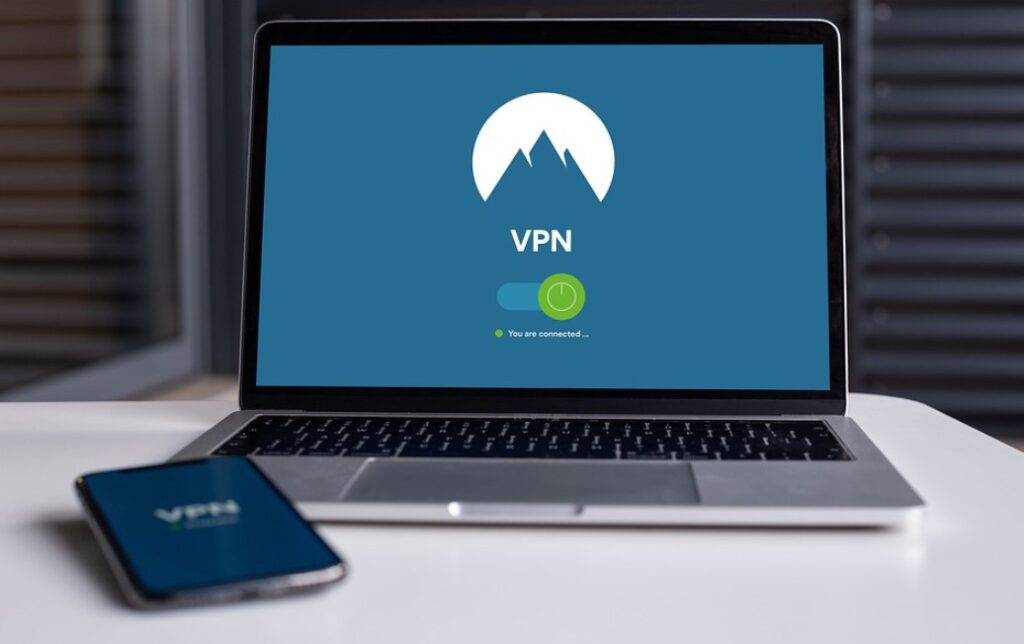
Have you tried an AT&T VPN so far? If yes, let us know in the comments what were the most important features that got your attention.
For some users, privacy isn’t their top concern – most of them wanted high internet speeds and a large network so they wouldn’t spend too much time waiting to get connected to a VPN server.
We’d like to hear your opinion on this matter – do you agree with their choice?
 Jewel Beat
Jewel Beat
